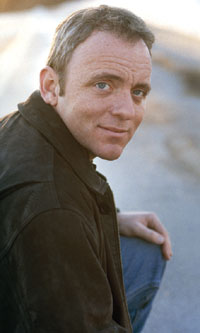 Shutter Island is the first novel by Dennis Lehane I’ve ever read and I loved every page of his deftly crafted thriller. I haven’t read Mystic River or Gone Baby Gone, but I enjoyed both movies immensely and my love of those two films actually prompted me to give Lehane’s writing a chance. After giving snaps and a circle to Shutter Island, I picked up Any Given Day and it’s waiting patiently on my bookshelf. As soon as I finish Stephen King’s Under the Dome (sometime in 2012 probably), I’ll give it a whirl. I’ll also be wondering if Any Given Day has a surprise ending. Fans of Lehane can see a pattern now, especially with the three works I mentioned above. They all have a juicy WTF finale, a revelation or realization that leaves most readers slackjawed and wondering how they missed the clues.
Shutter Island is the first novel by Dennis Lehane I’ve ever read and I loved every page of his deftly crafted thriller. I haven’t read Mystic River or Gone Baby Gone, but I enjoyed both movies immensely and my love of those two films actually prompted me to give Lehane’s writing a chance. After giving snaps and a circle to Shutter Island, I picked up Any Given Day and it’s waiting patiently on my bookshelf. As soon as I finish Stephen King’s Under the Dome (sometime in 2012 probably), I’ll give it a whirl. I’ll also be wondering if Any Given Day has a surprise ending. Fans of Lehane can see a pattern now, especially with the three works I mentioned above. They all have a juicy WTF finale, a revelation or realization that leaves most readers slackjawed and wondering how they missed the clues.
This brings me back around to Shutter Island. Fans of the book were probably relatively pleased with Martin Scorsese’s celluloid adaptation. I gave Shutter Island a solid B and felt it was a virtual step-by-step translation from page to screen. Many critics and patrons have cried foul at the films twist ending, but those points miss the point. It’s not gimmicky. It’s not cheap. It’s not thrown in by mistake for convenience. The ending is connected to the soul of the book and is supported by immense character study and depth. Perhaps that is why it isn’t cheap and tawdry.
At any rate, the last scene in the film is in fact different from the last scene in the book. The novel ends with – SPOILER ALERT – US Marshall Teddy Daniels realizing he is an alternate persona his real self, former US Marshall Andrew Laeddis, constructed to deal with the guilt and pain associated with his wife murdering their three children and then, after discovering her deed, him murdering his wife. In fact, the entire investigation for the missing patient was an elaborate ploy put on by the doctors at Shutter Island to rid Laeddis of his demons and avoid a lobotomy. The book ends with Laeddis again assuming his alternate moniker and mind of Teddy Daniels and seemingly headed towards the unavoidable lobotomy. However, the film ends differently, with Laeddis asking his doctor (and fake US Marshall partner), “Would you rather live as a monster or die as a hero?” Doesn’t sound so ominous, but fans of the book will realize this raises questions on whether Laeddis regression is involuntary or intentional? I’d say at this point I’m leaning on the side of intentional.
So how does Lehane feel about the altered ending for the movie? MTV caught up with Lehane and asked this same question, to which Lehane replied:
“I would say that line, which comes across as a question, he asks it sort of rhetorically. Personally, I think he has a momentary flash. To me that’s all it is. It’s just one moment of sanity mixed in the midst of all the other delusions.
“When he asks the question, he does it in such a way that, if he were to say it as a statement… then there’s no solution here but to stop the lobotomy. Because if he shows any sort of self-awareness, then it’s over, they wouldn’t want to lobotomize him. My feeling was no, he’s not so conscious he says ‘Oh I’m going to decide to pretend to be Laeddis so they’ll finally give me a lobotomy.’ That would just be far more suicidal than I think this character is. I think that in one moment, for a half a second sitting there in that island he remembered who he was and then he asks that question and he quickly sort of lets it go. That was my feeling on that line.
“I liked that line when I read the script. There was just some debate as to how much of a question it is and how much of a declarative statement. In the end they went with it being a question, which I think is important.”
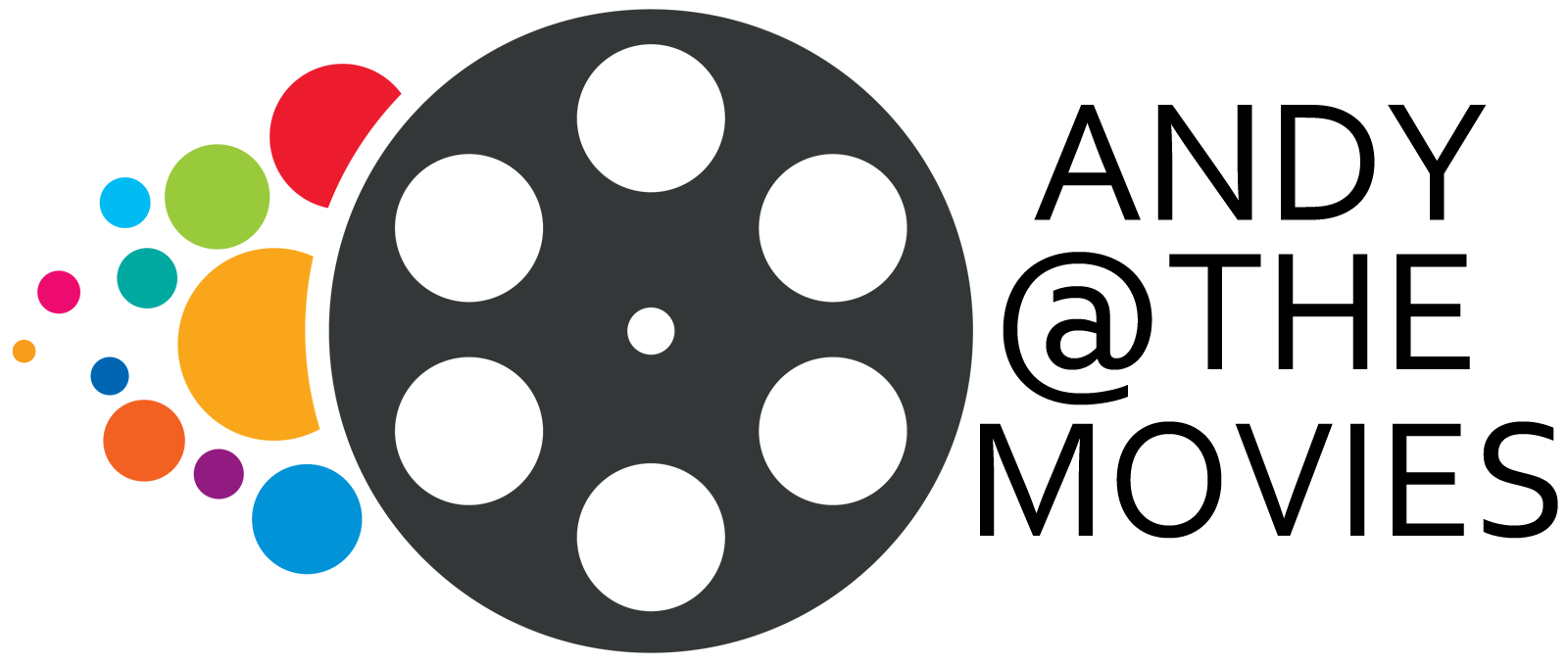
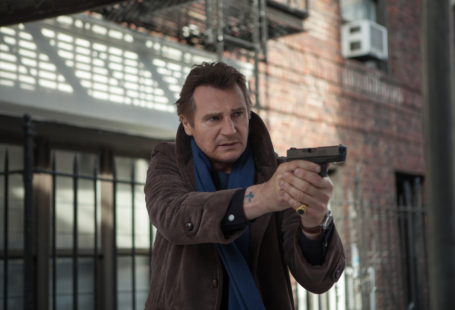
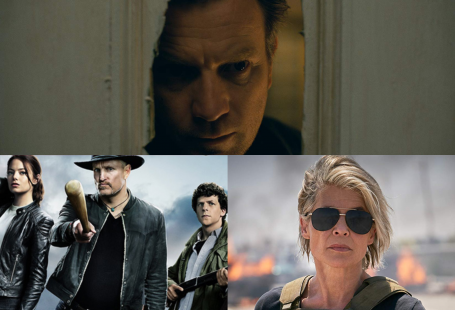
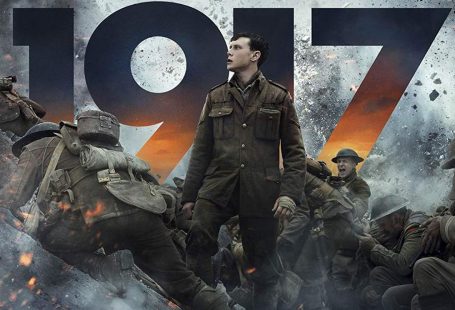
23 comments On Dennis Lehane Talks Shutter Island Ending
i think that he was right all along and when he meets that doctor in the cave he said “did u se my parter” or whatever she said you have no friends. I personally think that everyone was in on the idea of making him think he is crazy and thats when that question at the end was asked.
i agree!!!
Andy I haven’t read this piece because I haven’t seen the film yet. But read The Given Day now! Kick Stephen King into touch and start the book today! As you’ve probably guessed I’m in the middle of it and it is a masterpiece.
For me, the last line in the movie completely changes the feel of the ending as compared to the book.
From the look Laeddis gives “Chuck”, it seems abundantly clear IMO that it is a conscious decision for suicide, and that Laeddis is in fact lucid.
All the same, I actually think it’s an improvement over the book’s ending. Which of course is oh so rare to see in a movie.
I loved this movie. I loved the ending even though it has taken me hours to feel good about it. I understood he was seeking freedom from all of his good and crazy aspects of his mind and emotions throughout the film, and the thought that he might have conquered all of this mania and that he may have understood his mania, is wonderful insight into the power of his mind and that he used this power back to his team: by deciding that he wanted to die and used the power of the team to end his conflict. I feel that when he found sanity he also found his prison.
I thought it was a thrilling and liberating film for me and I have decided to buy the book.
I totally agree that it was clear that he consciously decided to be lobotomized. Not really suicide as some put it. If he were back to being Teddy, wouldn’t he have put up a fight instead of going along willingly to the lighthouse?
yep. i think…
he couldn’t live with himself, knowing what he had done, and what his wife had done, so he pretended to be “teddy” for that last second so they would labotamize him. he accept’s the ciggi from the docter at the end on the step as he tells him this and then says the concluding line ..which I think shows he trusted the docter and new what he was doing.
I think the thing that really through some people off was the last shot of the lighthouse…it sort of questioned why they might take him there? even if they wern’t taking him there..it could still look like that.
u’ve got the clearest idea of the film amongst the comments
chuck (or Dr. whatever) understands teddy (andrew) at that point, and respects andrews decision to be lobotomized as a mean of liberating from guilt. However he is also SAD that andrew will be lobotomized, because he has invested a lot of time curing andrew. You could say he will miss him from one point, and from another point that andrews “breakthrough” and realisation has caused him to choose lobotomy.
Anyone who has watched the movie can understand this from the acting (which not many people pay attention to these days). If the actors were acting it, scorcese was telling them to do so. so its no big secret.
I think dennis lehane saw how good the movie turned out, and doesnt want anyone to take credit for the brilliant last line. because if it was soooo brilliant( as it is) he is gonna regret why he didnt put it in himself. he is trying to ignore the line and say yes my book was that good.
oh and by the way mr. dennis lehane, if you think that line was said in a “second or flash of conciousness” take a look at this:
It was getting dark outside when teddy(andrew) went to the lighthouse and realised everything. However it was bright outside when he was supposed to leave. I don’t think decommissioning teddy (andrew) would take 5 minutes. It seemed like it was the next day or even some day in the near future after his realisation. He was wearing new clothes and was about to leave shutter island in a car, with everyone standing by, taking pride in the cured patient. So all along since his realisation in the lighthouse, teddy (andrew) has been acting good and not crazy, otherwise he would have been lobotomized prior to the last moment.
Just as andrew is about to be let free, he realizes that he can’t go back to the world as the guilt will forever haunt him, and he chose lobotomy.
Another misunderstanding is with the issue of guilt. Andrews main guilt does not come from killing his wife, his wife in a way asked him to free her from her demons. Andrews main guilt comes from the fact that his love for his wife prevented him from putting his wife in a insane-assylum. If he had done that his children would be alive, and so would have his wife, and possibly cured. Although all this happenned because his wife was crazy, he took HUGE responsibility for the whole thing, and the guilt drove him to a state of denial.
I would believe that the doctors told him the truth and that the medications course has worked. And he didn’t want to have memories that came back. The only thing that confuses me is that he definitely has not been on the island for 2 years, as he burned car with the tie that he just took off a couple days prior (it was next to his suit, shoes and socks on the chair).
I believe Teddy is sane. He didnt have any kids, the reason i say this… the little girl was a girl from the nazi camp he felt giulty because he wasnt able to save her As she said, you shouldve came earlier or something. Also when he picked up the children out the lake why was he only hugging the girl. did he not love the other children too? And in his vision by the red car, his wife was in bright colors and the girl looked older and ashy like at the camp. the doctor in the cave is real and told him thats the beauty with saying someone insane.. anything done from thereon would be deemed as a relapse or nonsense. In the end he decided not to fight it but to let his partner know that he is not going to accept what they told him and would rather die(labotomised) a good person.
Drae, I hate to be the bearer of bad news, but all of what you saw in the movie are things Teddy/Andrew dreams in the book. It is a fact that he is Andrew Laeddis and he did in fact kill his wife after she murdered their children. The issue is whether or not Andrew was cuckoo for Coco Puffs at the end, or sane and simply wanting to be put out of his misery. I tend to lean toward the latter.
But surely the fact that the ending to the movie is not identical to the ending of the book means that it is not telling the same story. As with many literature-to-movie adaptions, sometimes the smallest changes can mean a completely different outcome… such as in A Streetcar Named Desire.
It seems clear that the book confirms that Teddy is in fact Andrew with no debate… but to me the ending of the movie was clearly made deliberately to be open to this controversy. To me, it could indeed be that he had regressed to insanity, or that he was wanting to be put out of his misery/insanity… but it could also be interpreted that the whole conspiracy was true by asking if it is better to live as a monster (the abomination of their ‘experiments’) or to die as a good man (who did his best to expose the truth). The fact that the movie ends on a shot of the lighthouse and implies this is where they are leading him underlines that the movie wants to fuel this controversy. In reality, why would they lobotomise someone in a lighthouse?
I just watched the movie and can’t sleep, too much wondering. After reading many posts, people having theory with many proves on each side, I now come to the same conclusion.
The way I see it, you’re 100% right. The genius of the movie is to make every story work. But as spectators we want an answer, and claim we have it, we need it.
So I’ll just stop fighting with myself.
My only wonder now, is Martin Scorsese reading these posts and laughing, does he have an answer or is he trapped by himself just like us …
P.S. please don’t mind my english
I really wanted to believe that this movie was not just about a crazy man. In fact when i saw the trailer i said to my wife “I bet you he is crazy and he is a patient of Shutter Island”. Which is nothing new. Kinda like ‘Identity’ if memory serves me right.
I laughed alot at cuckoo for coco puffs (aren’t we all?). I think that the book and the film are totally different, hence why Di Caprio and Scoresse are geniuses.
I think the film is supposed to say what Drae (above) said, and also what others said. giving any scenario an equal chance. to ask the question. is anything we see or do, real?
-did they really do all that just to see if he would be cured?
-did they do all that to keep him there?
in the book an answer might be clear, but the film makes the answer totally mysterious, and therefore a masterpiece.
Yeah the ending had been driving me insane. My roommate just watched the movie so I had to get online and see what the truth was. I guess Teddy was insane. And I have to agree the way the movie spinned the ending it seemed as though Laeddis (Teddy) wanted to die.
Considering the awful things OSS and later CIA were doing over this 30 year period ( documented archived and held to the tip of the iceberg account in senate hearings e.g. MKULTRA, Dr Cameron Allan Memorial Institute amongst too many others) The entire book having hinted along these lines turns too quickly away to concentrate on yet another ‘all in your/their head’ twist. So for me both the book and film misses the point.
Hey Tony
You say the book and the film misses the point, please explain what the point is.
I look forward to reading it.
lucy
I agree with Tony in that if the film (I haven’t read the book) is simply about a man (Teddy) who realises he is in fact a mental patient on this island and the whole film has been a fantasy then it’s a much less original idea than I gave it credit for. I’d hoped it was more about a sane man who tries to expose the corruption/atrocious experiments being carried out on patients by the very doctors who will in turn make him believe he is insane in order that he will be silenced. That would have been for me more interesting and brave considering the subject matter and all those references that pointed in a direction of truth. The ending then could have been Teddy’s realisation that he’s never getting off that island and preferring to end his ‘consciousness’ as Teddy in order not to have to live in that prison with all the monsters. No ferry today or any other day.
I had another thought (hey why not). We the audience have gone on what was an interesting journey along with Teddy – from the ferry at the beginning towards the lighthouse at the end. And just like Teddy we’ve been subjected to insights and clues along the way, although the drug induced cigarettes etc were not part of our experience (not mine anyhow). But again just like Teddy, we are swayed in whichever direction the doctors (director) want us to go and believe what they want us to believe, which is of course that everything Teddy thought was real isn’t. In its place they input new data and make Teddy (and us the audience) believe that is the real truth. But isn’t that merely a part of the mind control game and exactly what the puppet master wants his puppet to believe. If this is so, then it’s a masterstroke by the director. I’d rather this than an average conclusion that Teddy was a crazy dude called Andrew. I’ve seen too many films with that kind of ending.
Nice tangent thought Hayley.
Personally, tend to lean towards the ideas supporting the deliberate development of ‘Alternate Possibilities’ – particularly in differences between the book and movie, and the layers within the movie.
Hats off to production, direction and acting because, to me, it seems there can’t be a definitive answer – the book binds the movie, though the movie breaks new ground through suggestion in a fashion not normally attributed to its medium. Wizards.
Light House finish…..hummmmmm
I agree with some of the above posts which say that the movie is left open to interpretation, where multiple scenarios would fit the plot. The book was great, but it was a story. Many stories have twists but have definitive conclusions. The movie, however, is a piece of art because it is left to the viewer to decide the actual plot line. There are multiple clues to support that Teddy was sane and they were playing mind games with him. There is also just as much evidence to support the idea that the majority of the movie was a delusion that Teddy (or Andrew) manufactured in his head. The viewer’s emotional response will determine which idea they believe and they will search for the evidence that supports their belief. This is what true art is supposed to do; cause controversy and incite an emotional response which varies from person to which adds fuel to the flames of controversy. This is one of the most brilliant movies I have ever seen.
Comments are closed.
Sliding Sidebar
Categories
Archives
Admin